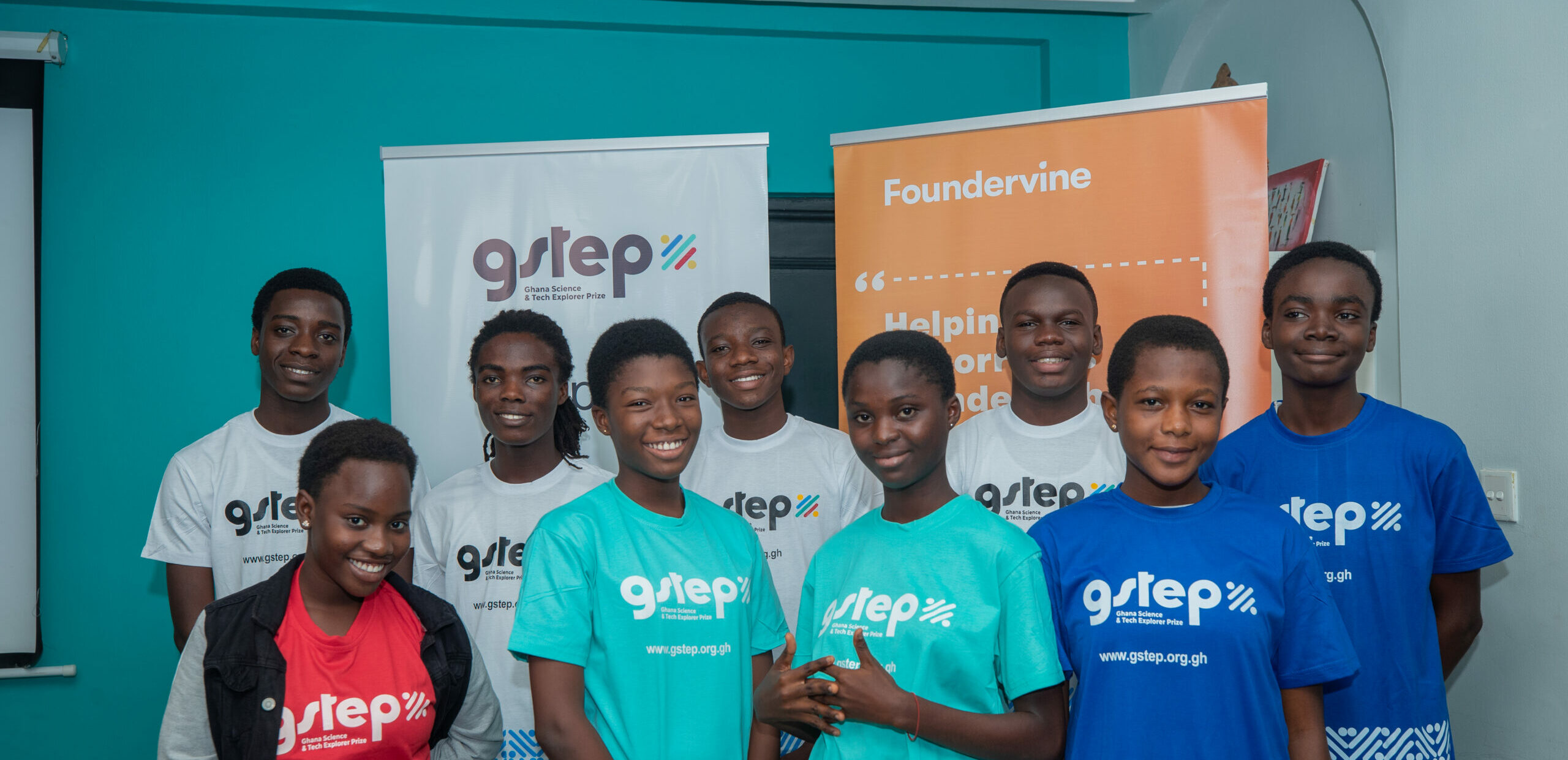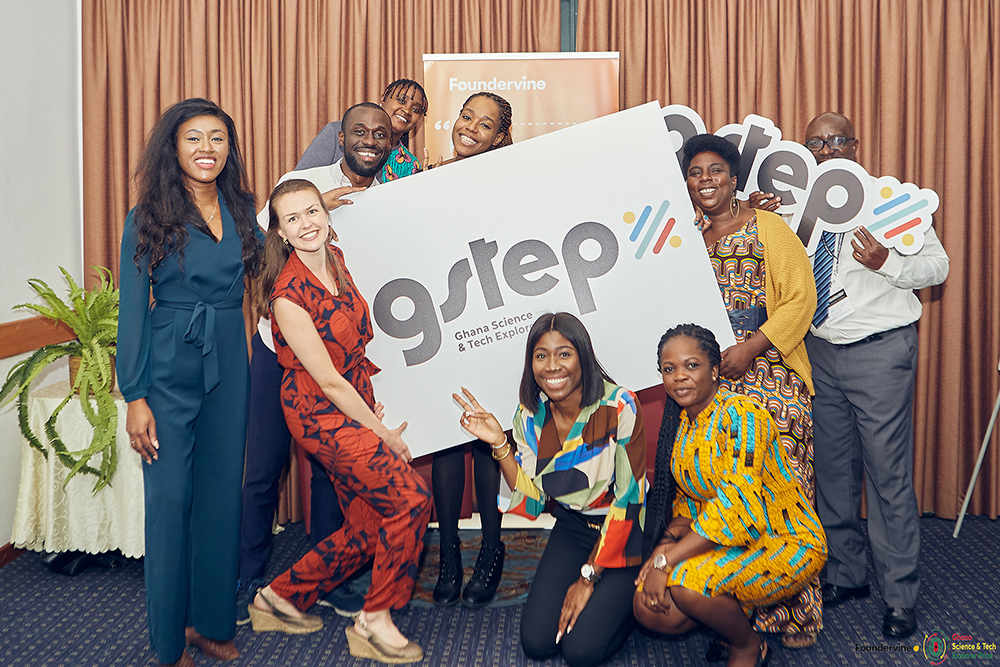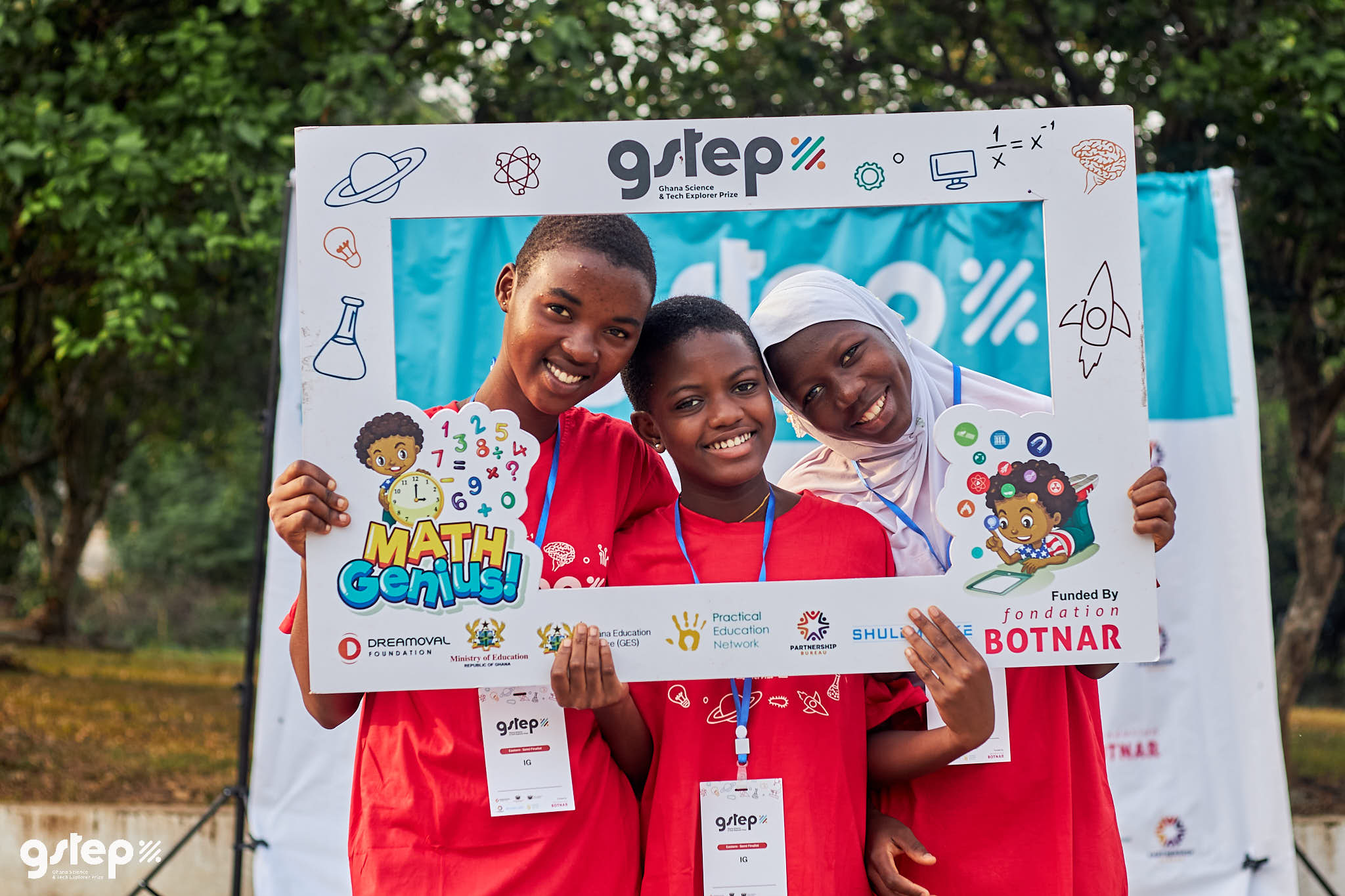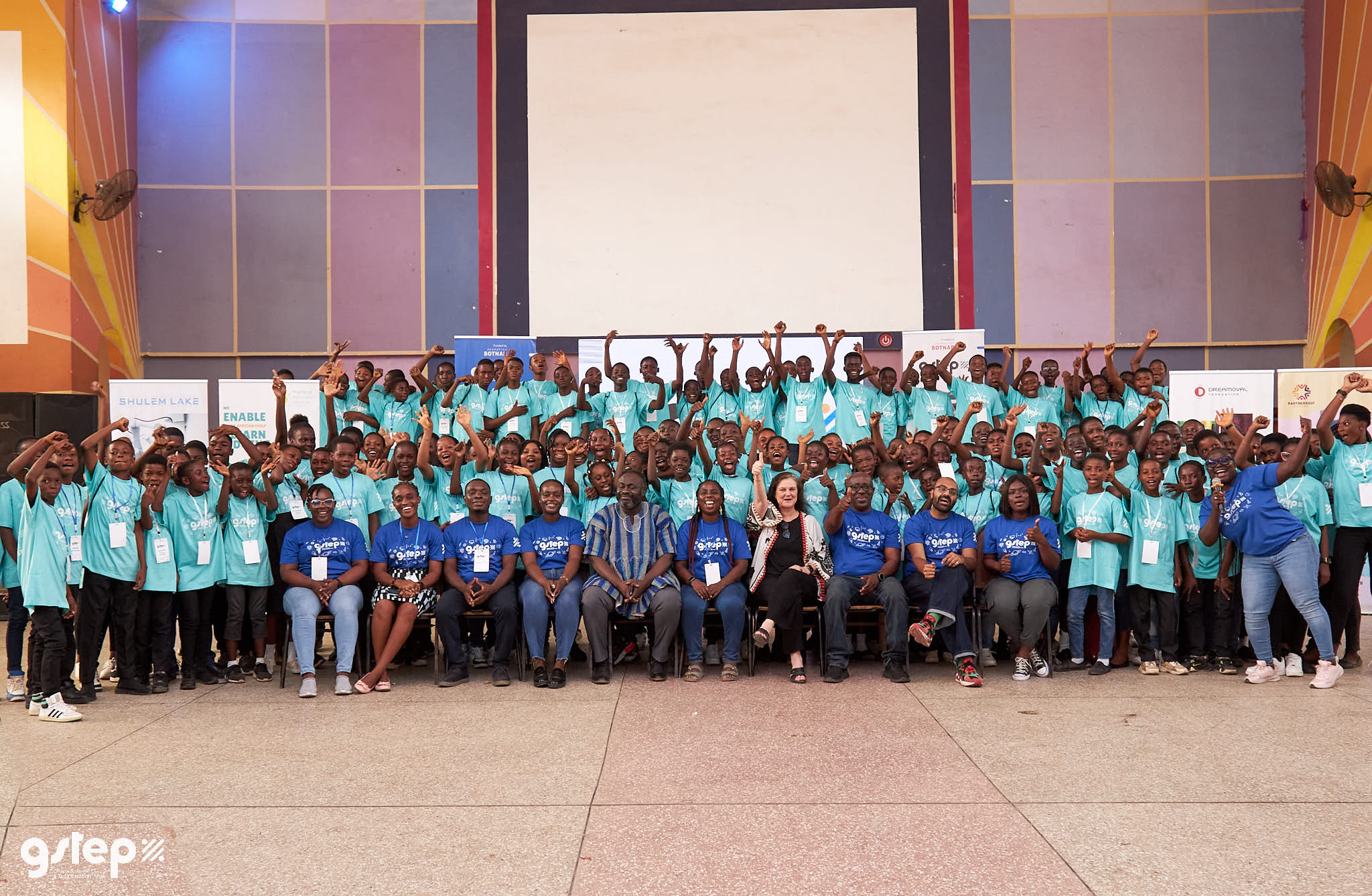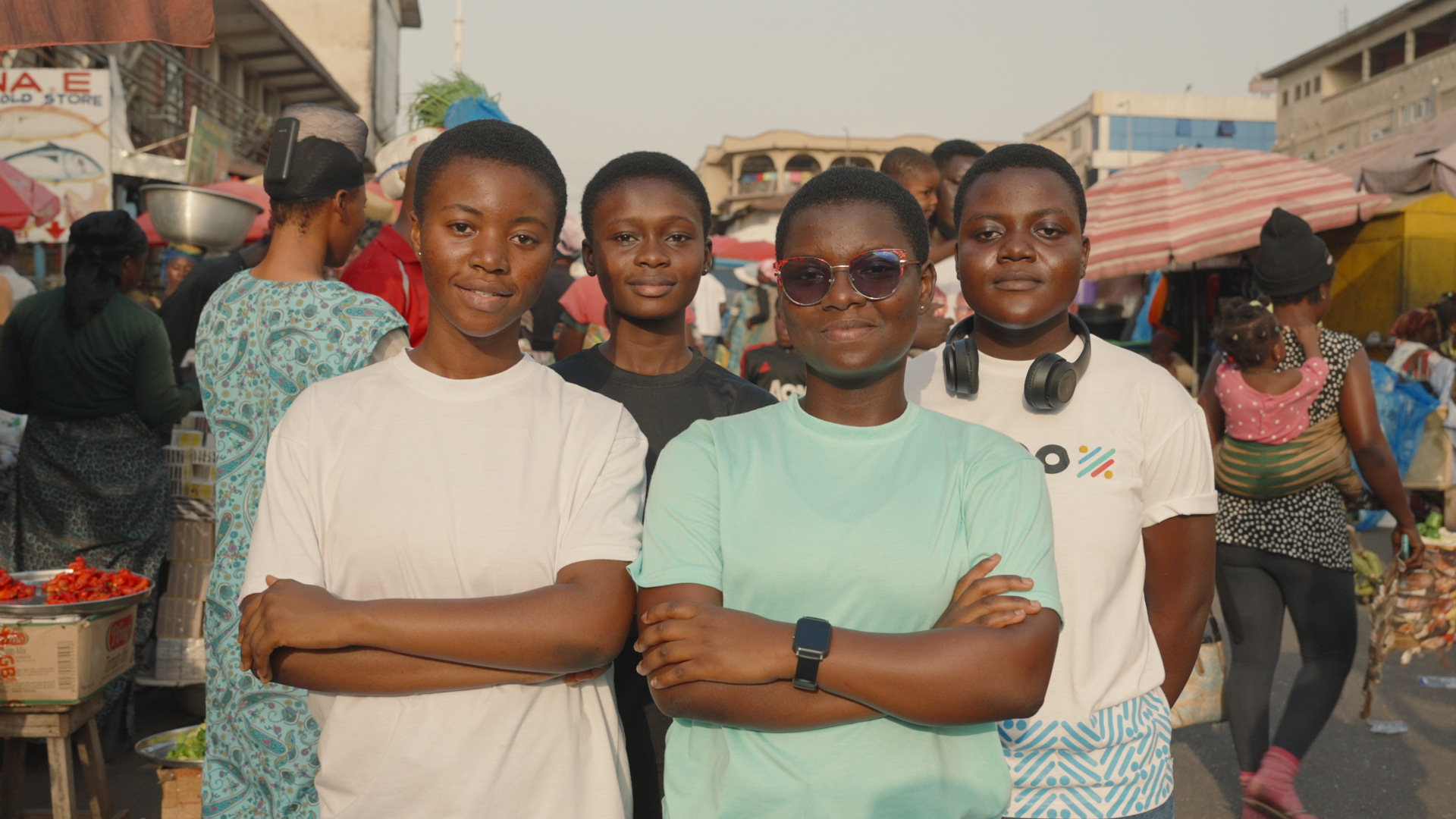There is a high demand for STEM skills in Sub-Saharan Africa and is expected to increase exponentially with projections being made to see Ghana as the leading hub. Ghana alone is expected to offer 9 million digital jobs and nearly $4 billion in revenue potential by 2030. Unfortunately Ghana is facing a shortage of scientists, IT professionals and engineers with skills to take up these opportunities, especially females. Currently, women occupy just 25% of all jobs in STEM in Ghana. The pursuit of STEM related subjects by girls in Ghana is considerably lower than boys.
Socio cultural barriers have impacted the interest of girls in Science and Technology related subjects in Ghana. Factors such as the belief that boys are better suited for the Sciences and Mathematics and the lack of female role models in STEM impact the interest and ability of girls to pursue STEM subjects. Teaching and learning models for teaching STEM subjects also impact interest.
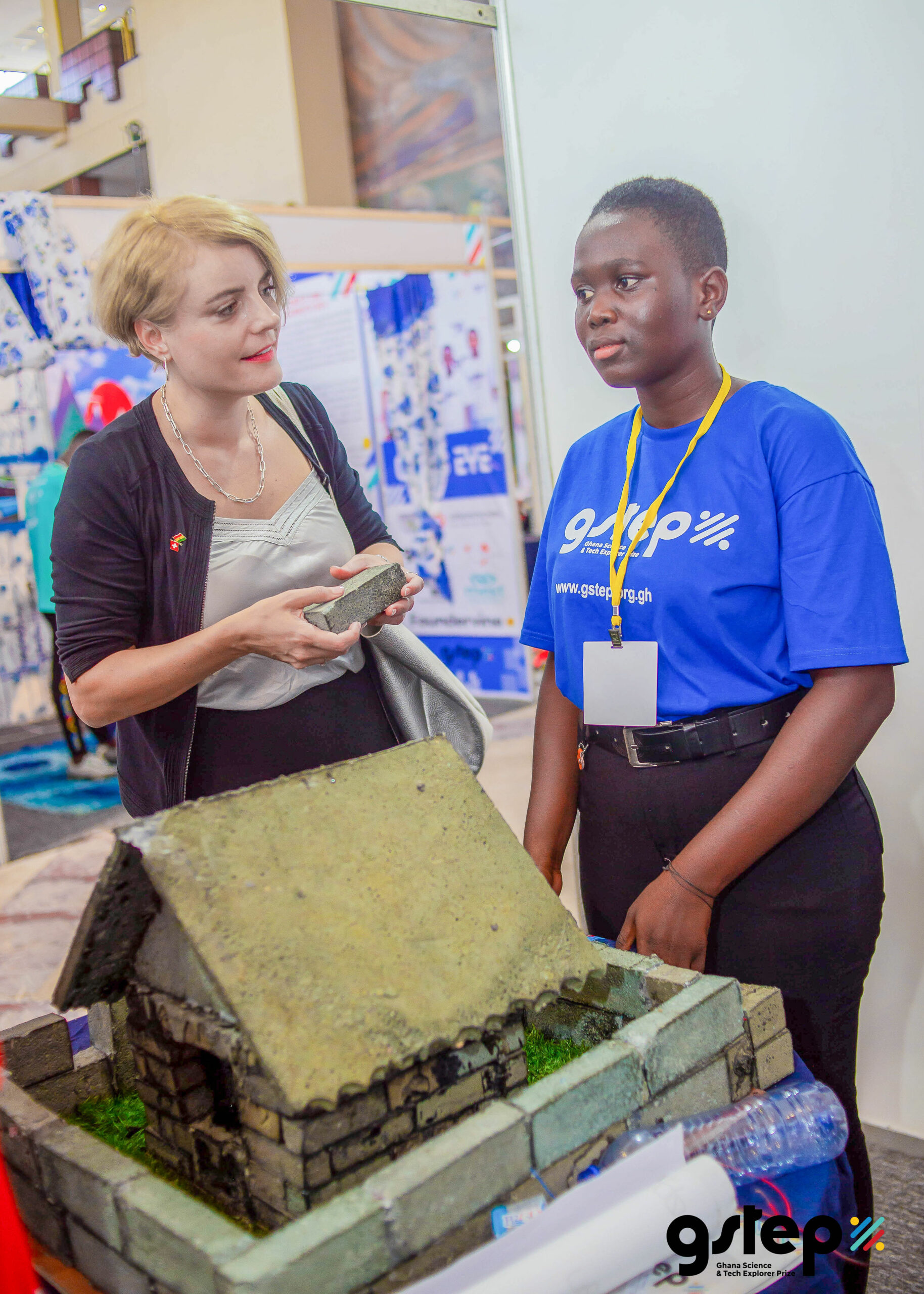
Practical education is proven to be an effective way to boost engagement, cognitive understanding, problem-solving and design-thinking, especially in STEM subjects. The Practical Education Network (PEN) found that, after using practical methods, science scores increased by 97% over the course of the academic year; and students’ attitudes towards science improved by 141%.27.3
The GSTEP program is proactively encouraging the involvement of young girls in practical STEM education. In the research phase of the program, 48% of students attending GSTEP hack events were female; and 53.5% of students surveyed were female. The program has also actively sought out the provision of female mentors and coaches to guide students through the Challenge. The learning models provided by the program offered practical tools, activities, knowledge and resources to make learning as fun and engaging as possible.
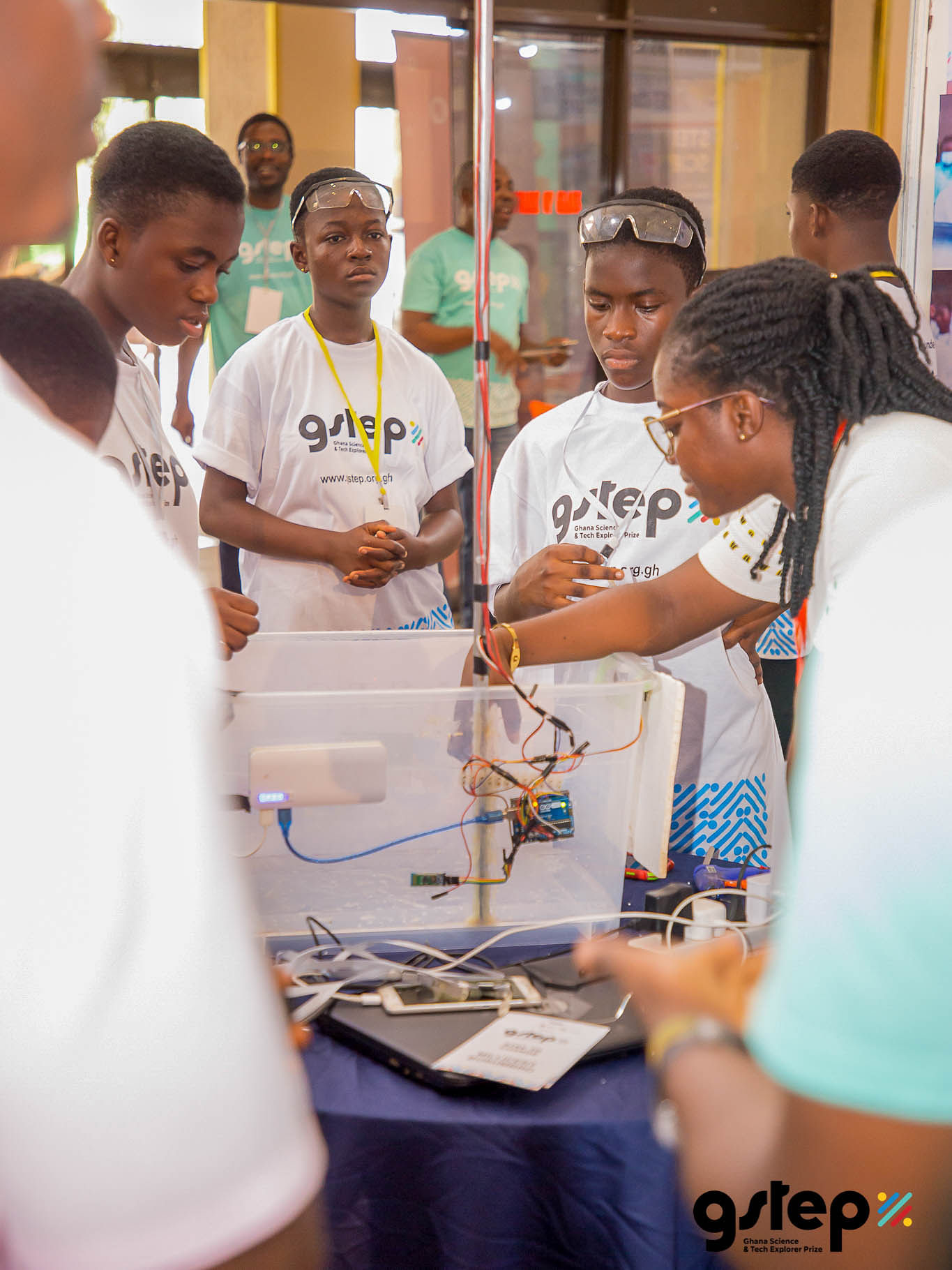
The program incorporates the provision of social skills such as communication skills and teamwork to better equip participants to excel both in and out of classroom settings. It was a delight to see the winners of the 2022 GSTEP Challenge being an all female team.
The GSTEP program continues to incorporate and provide learning opportunities and models that encourage the participation of girls and development of interest in STEM subjects. The GSTEP consortium is also actively engaging the Ministry of Education, the Ghana Education Service and other relevant organizations and stakeholders in the education sector to encourage and support the participation of girls in STEM education.
The GSTEP research on STEM education in Ghana and how STEM education can be made practical and inclusive can be found here. To learn more about the GSTEP program and how the program is creating opportunities for girls, visit www.gstep.org.gh.
References
1 IFC (2021), Digital Skills in Sub-Saharan Africa Spotlight on Ghana. Available here: https://www.ifc.org/wps/wcm/connect/ed6362b3-aa34-42ac-ae9f-c739904951b1/Digital+Skills_Final_WEB_5 -7-19.pdf?MOD=AJPERES
2 Amponsah, K. and Mohammed, M.S. ( 2019), ‘Perception of learning science: the case of females offering STEM majors in Ghana’, African Journal of Educational Studies in Mathematics and Sciences, 15 (2): 143-156, Access: https://dx.doi.org/10.4314/ajesms.v15i2.12 143
3 PEN (2022), ‘Our work’, Practical Education Network. Available here: https://www.practicaleducationnetwork.com/our-work/

